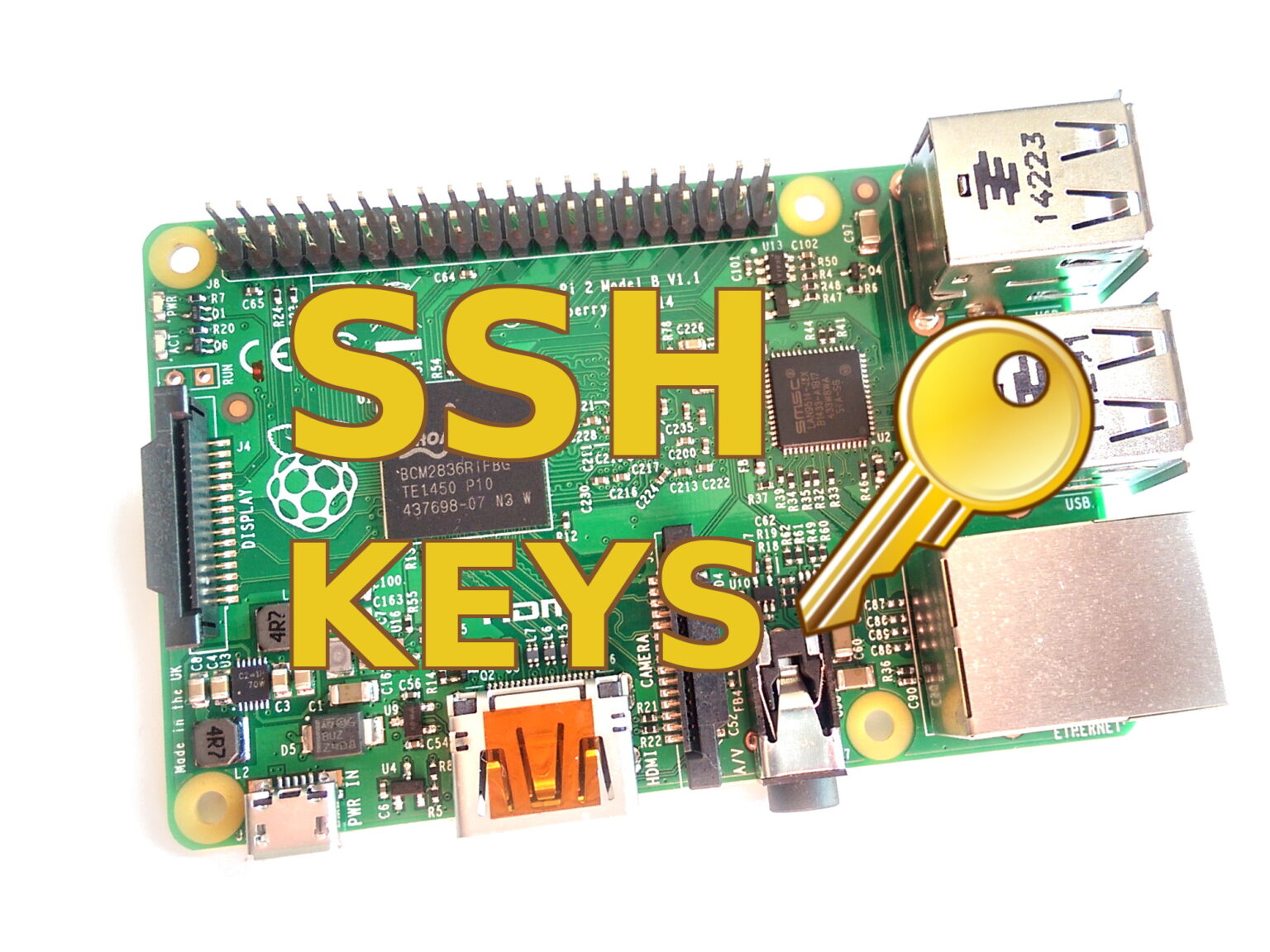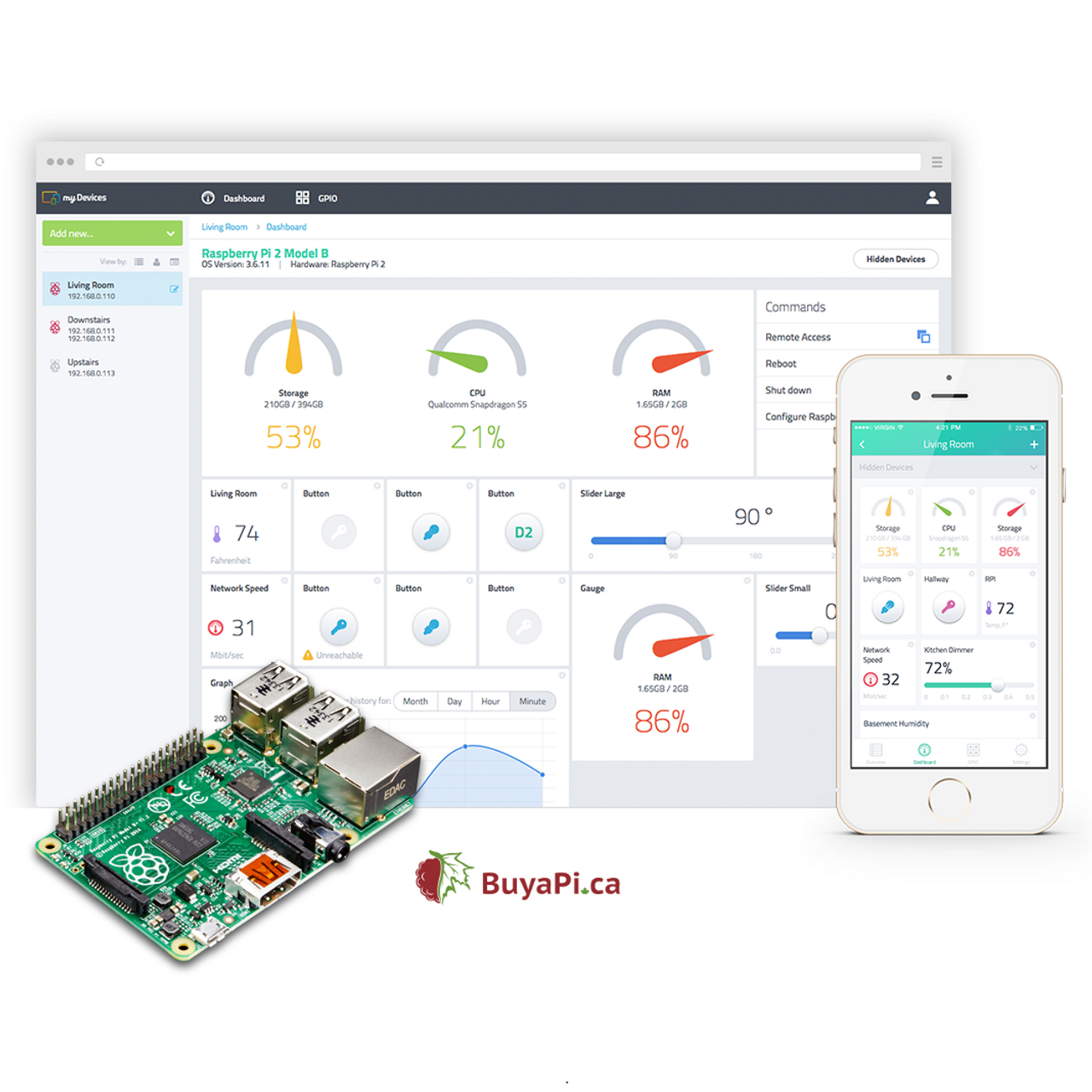Free RemoteIoT Platform SSH Key Raspberry Pi: Your Ultimate Guide
Hey there, tech enthusiasts! Ever wondered how you can leverage a free RemoteIoT platform to manage SSH keys on your Raspberry Pi? If you're into IoT, automation, or just tinkering around with Raspberry Pi, this article is your golden ticket. We'll dive deep into the world of free RemoteIoT platforms, SSH keys, and everything in between to help you unlock the full potential of your Raspberry Pi.
Now, before we get into the nitty-gritty, let me ask you something. Have you ever struggled to remotely access your Raspberry Pi securely? Or maybe you’ve heard about SSH keys but aren’t sure where to start? Well, you’re in luck because this guide is packed with actionable tips, tricks, and insights to make your IoT journey smoother than ever.
In today’s fast-paced digital world, having a reliable and secure way to manage your IoT devices is crucial. That’s why understanding free RemoteIoT platforms and how they integrate with SSH keys for Raspberry Pi is more important than ever. So, buckle up and let’s explore this fascinating topic together!
- Wasmo Somali Channel Owner The Untold Story Of A Digital Mogul
- Somali Wasmo Telegram 2025 Your Ultimate Guide To The Latest Trends And Insights
But first, here’s a quick roadmap of what we’ll cover:
- What is a free RemoteIoT platform?
- Why SSH keys matter for Raspberry Pi
- Setting up SSH keys on Raspberry Pi
- Best free RemoteIoT platforms for Raspberry Pi
- Security considerations for IoT devices
- Advanced tips for managing SSH keys
- And much more!
Ready to dive in? Let’s go!
Table of Contents
- What is a Free RemoteIoT Platform?
- Why SSH Keys Matter for Raspberry Pi
- Setting Up SSH Keys on Raspberry Pi
- Best Free RemoteIoT Platforms for Raspberry Pi
- Security Considerations for IoT Devices
- Advanced Tips for Managing SSH Keys
- Troubleshooting Common Issues
- Comparison of Free RemoteIoT Platforms
- Future Trends in IoT and Raspberry Pi
- Conclusion: Unlocking Your IoT Potential
What is a Free RemoteIoT Platform?
Alright, let’s start with the basics. A free RemoteIoT platform is essentially a tool or service that allows you to remotely manage and monitor your IoT devices without breaking the bank. Think of it as your personal assistant for all things IoT, but instead of being tied to a single location, you can control everything from anywhere in the world.
- Hdhub 4u Your Ultimate Destination For Highquality Entertainment
- Wasmo Somali A Deep Dive Into The Cultural Phenomenon Everyones Talking About
For Raspberry Pi users, this is a game-changer. Whether you’re running a home automation system, a weather station, or even a DIY security camera, a free RemoteIoT platform gives you the flexibility to manage your devices without needing to be physically present.
But here’s the kicker: not all RemoteIoT platforms are created equal. Some might offer basic features, while others pack a punch with advanced tools and integrations. That’s why we’ll be exploring the best options later in this article.
Why Free Matters
Now, you might be wondering, “Why should I go for a free platform when there are so many paid options out there?” Well, let me tell you something. Free doesn’t always mean low quality. In fact, many free RemoteIoT platforms are developed by open-source communities and tech enthusiasts who truly care about making IoT accessible to everyone.
Plus, if you’re just starting out or working on a budget-friendly project, why spend money when you can get the job done for free? Trust me, your wallet will thank you later.
Why SSH Keys Matter for Raspberry Pi
Alright, let’s shift gears and talk about SSH keys. If you’re new to the world of Raspberry Pi, you might be wondering, “What exactly are SSH keys, and why do they matter?” Great question! SSH stands for Secure Shell, and it’s essentially a protocol that allows you to securely connect to your Raspberry Pi from another device.
Now, here’s where SSH keys come in. Instead of using a password to log in to your Raspberry Pi, SSH keys provide a more secure and convenient way to authenticate your connection. Think of them as digital keys that unlock your device without the need for a password.
But why are they so important? Well, for starters, SSH keys are much harder to crack than passwords. They add an extra layer of security to your Raspberry Pi, making it less vulnerable to unauthorized access. And let’s face it, in today’s world, security is everything.
Benefits of Using SSH Keys
- Enhanced Security: SSH keys are virtually impossible to brute-force.
- Convenience: No need to remember complex passwords.
- Automation: Perfect for scripts and automated tasks.
- Peace of Mind: Protect your Raspberry Pi from hackers and unauthorized users.
Setting Up SSH Keys on Raspberry Pi
Alright, now that we’ve covered the importance of SSH keys, let’s talk about how to set them up on your Raspberry Pi. Don’t worry, it’s not as complicated as it sounds. In fact, with a few simple steps, you’ll be up and running in no time.
Step 1: Enable SSH on Raspberry Pi
First things first, you need to make sure SSH is enabled on your Raspberry Pi. To do this, open the Raspberry Pi Configuration tool and navigate to the Interfaces tab. From there, select SSH and enable it. Easy peasy, right?
Step 2: Generate SSH Keys
Next, you’ll need to generate your SSH keys. Open up your terminal and run the following command:
ssh-keygen -t rsa -b 4096
This will generate a pair of SSH keys – a public key and a private key. The public key will be shared with your Raspberry Pi, while the private key stays on your local machine. Keep your private key safe – it’s like the key to your house!
Step 3: Copy the Public Key to Raspberry Pi
Now that you have your SSH keys, it’s time to copy the public key to your Raspberry Pi. You can do this using the ssh-copy-id command:
ssh-copy-id pi@your-raspberry-pi-ip
Replace your-raspberry-pi-ip with the actual IP address of your Raspberry Pi. Once you’ve done this, you should be able to log in to your Raspberry Pi using SSH without needing a password.
Best Free RemoteIoT Platforms for Raspberry Pi
Now that you’ve got SSH keys sorted, let’s talk about the best free RemoteIoT platforms for Raspberry Pi. There are tons of options out there, but here are a few that stand out:
1. Home Assistant
Home Assistant is one of the most popular free RemoteIoT platforms for Raspberry Pi. It’s perfect for home automation enthusiasts and offers a wide range of integrations with smart devices. Plus, it’s open-source, so you can customize it to your heart’s content.
2. Node-RED
If you’re into visual programming, Node-RED is a great option. It allows you to create complex workflows using a drag-and-drop interface, making it easy to manage your IoT devices. And the best part? It’s completely free!
3. ThingsBoard
ThingsBoard is another powerful free RemoteIoT platform that offers advanced analytics and visualization tools. It’s ideal for larger IoT projects and provides a robust set of features to manage your devices.
Security Considerations for IoT Devices
As much as we love IoT devices, security should always be a top priority. Here are a few tips to keep your Raspberry Pi and other IoT devices safe:
- Use Strong Passwords: Even if you’re using SSH keys, make sure your passwords are strong and unique.
- Keep Software Updated: Regularly update your Raspberry Pi’s operating system and software to patch security vulnerabilities.
- Enable Firewall: Use a firewall to block unauthorized access to your devices.
- Monitor Activity: Keep an eye on your device logs to detect any suspicious activity.
Advanced Tips for Managing SSH Keys
If you’re ready to take your SSH key management to the next level, here are a few advanced tips:
1. Use SSH Agents
SSH agents allow you to store your private keys securely and manage multiple connections without needing to re-enter your password every time.
2. Set Expiry Dates
Consider setting expiry dates for your SSH keys to minimize the risk of unauthorized access in case a key is compromised.
3. Limit Access
Restrict SSH access to specific IP addresses or networks to add an extra layer of security.
Troubleshooting Common Issues
Even the best-laid plans can go awry sometimes. Here are a few common issues you might encounter when working with free RemoteIoT platforms and SSH keys, along with their solutions:
Issue: SSH Connection Fails
Solution: Double-check your IP address and ensure SSH is enabled on your Raspberry Pi. Also, verify that your firewall settings aren’t blocking the connection.
Issue: SSH Key Not Working
Solution: Make sure you’ve copied the public key correctly to your Raspberry Pi. You can also try regenerating the SSH keys and re-copying them.
Comparison of Free RemoteIoT Platforms
Still not sure which free RemoteIoT platform to choose? Here’s a quick comparison to help you decide:
| Platform | Features | Pros | Cons |
|---|---|---|---|
| Home Assistant | Home automation, integrations | Open-source, easy to use | Requires some setup |
| Node-RED | Visual programming, workflows | Intuitive interface, flexible | Learning curve for beginners |
| ThingsBoard | Analytics, visualization | Powerful, scalable | Complex for small projects |
Future Trends in IoT and Raspberry Pi
As we look to the future, the world of IoT and Raspberry Pi is evolving rapidly. Here are a few trends to watch out for:
- AI Integration: More IoT platforms are incorporating AI to enhance automation and decision-making.
- Edge Computing: With the rise of edge computing, IoT devices will become more powerful and capable of processing data locally.
- Security Enhancements: As IoT devices become more widespread, security will continue to be a top priority.
Conclusion: Unlocking Your IoT Potential
Well, there you have it – everything you need to know about free RemoteIoT platforms, SSH keys, and Raspberry Pi. Whether you’re a seasoned tech enthusiast or just starting out, this guide has hopefully given you the tools and insights to take your IoT projects to the next level.
Remember, security is key (pun intended), so always prioritize protecting your devices. And don’t be afraid to experiment with different platforms and tools to find what works best for you.
So, what are you waiting for? Grab your Raspberry Pi, set up those SSH keys, and start exploring the world of free RemoteIoT platforms. And if you found this article helpful, don’t forget to share it with your friends and leave a comment below. Happy tinkering!

Free Raspberry Pi SSH Access RemoteIoT Platform Guide

Free Raspberry Pi SSH Keys With RemoteIoT Platform Your Guide!

Unlocking The Power Of Remote IoT Platform SSH Key On Raspberry Pi For Free